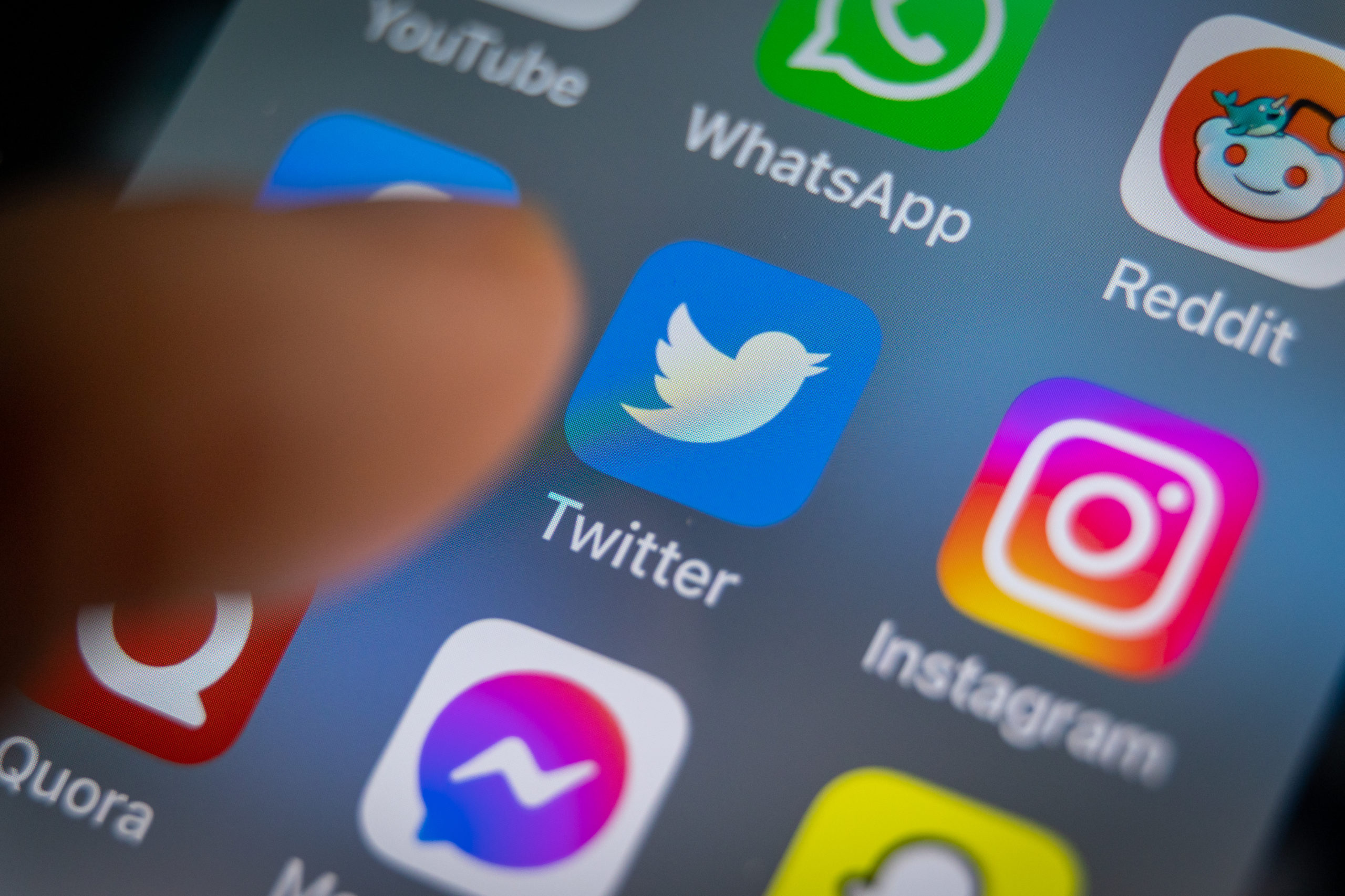Twitter boss Elon Musk recently stopped allowing links to the blogging platform Substack after Substack began making plans to launch its own version of Twitter in direct competition with Musk’s $44 billion product, but the rivalry has had a serious impact on one of Musk’s chosen journalists for his “Twitter Files” project.
Journalist Matt Taibbi says he now feels compelled to quit Twitter entirely.
Taibbi was one of the select few journalists Musk turned to in order to report on the “Twitter Files,” which revealed just how corrupt and biased the old Twitter regime was. Taibbi posted dozens and dozens of Tweets showing the evidence.
He started releasing the first of his “Twitter Files” entries in December with the revelation that the previous Twitter regime decided to label the New York Post’s coverage of the Hunter Biden laptop as “hacked material” without a shred of evidence to back up the claim.
The journalist worked with Musk to drop the bombshell information about Hunter Biden’s laptop proving that old Twitter was up to its neck in the suppression of free speech.
But despite working so closely with Musk, Taibbi on Friday took to his Substack page, Racket News, to tell his fans about “The Craziest Friday Ever,” which led him to make the decision to abandon Twitter.
“Earlier this afternoon, I learned Substack links were being blocked on Twitter. Since being able to share my articles is a primary reason I use Twitter, I was alarmed and asked what was going on,” Taibbi wrote.
“It turns out Twitter is upset about the new Substack Notes feature, which they see as a hostile rival. When I asked how I was supposed to market my work, I was given the option of posting my articles on Twitter instead of Substack,” he continued.
But he rejected the proposal.
“Not much suspense there; I’m staying at Substack,” he wrote.
Again, it really isn’t a surprise because Taibbi has paid subscribers at Substack, whereas he can make no money from Twitter.
Taibbi added that his decision to quit Twitter “will come with a price as far as any future Twitter Files reports are concerned,” but he assured his followers that “it will be worth it” to dump Twitter and stay exclusively at Substack.
“I’ll always be grateful to those who gave me the chance to work on that story, but man is this a crazy planet,” Taibbi concluded.
Taibbi is referring to Substack’s newest product called “Substack Notes.” The feature will allow users to make short-form posts similar to tweets and, not unsurprisingly, Musk sees this new product as a direct competitor to his social media platform.
On Friday, podcaster and author Bret Weinstein pleaded with Musk to de-escalate the situation.
“@elonmusk, you know that thing where the left eats its own?” Weinstein tweeted. “We mustn’t let that happen to the emerging western-values/free-speech coalition. Many of us who have backed your Twitter play and taken substantial heat for it are thrown by this move. The public square isn’t a monopoly.”
But Musk was not so easily swayed and stated in a responding tweet that Taibbi was incorrect when he claimed that Twitter blocked Substack.
“1. Substack links were never blocked. Matt’s statement is false,” Musk continued.
Then Musk made the serious accusation that Substack was actually trying to steal Twitter’s code.
“2. Substack was trying to download a massive portion of the Twitter database to bootstrap their Twitter clone, so their IP address is obviously untrusted,” he wrote.
He also added a third point, claiming that Taibbi is or has been employed by Substack. That led to the journalist’s decision to leave Twitter, Musk wrote.
1. Substack links were never blocked. Matt’s statement is false.
2. Substack was trying to download a massive portion of the Twitter database to bootstrap their Twitter clone, so their IP address is obviously untrusted.
3. Turns out Matt is/was an employee of Substack.
— Elon Musk (@elonmusk) April 8, 2023
However, The Daily Beast reported Saturday that Substack CEO Chris Best had gone onto the Notes platform to publicly deny Musks’s claims.
Ken Lippenstein, a reporter for The Intercept, a liberal-leaning online nonprofit news organization, posted Best’s response on Twitter.
Substack’s CEO says Musk’s claims are false pic.twitter.com/BHfZuabmu4
— Ken Klippenstein (@kenklippenstein) April 8, 2023
He denied that Substack was trying to steal Twitter’s intellectual property.
“We believe we’re in compliance with the terms,” he wrote, “but if they have any specific concerns we would love to know about them! We’d be happy to address any issues.”
He also wrote that Taibbi “is not and never has been an employee of Substack.”
“He writes a Substack and gets paid directly by his readers,” Best wrote. “That writers making money seems to be such a strange concept is telling.”
Musk was no doubt between a rock and a hard place, here. After all, if Substack really was trying to download Twitter’s code to reuse it for its own purposes, that amounts to theft, and Musk would be justified in halting the external access — but that’s an accusation Best denies.
And even Taibbi admits that Musk offered him the continued use of his Twitter account. It wasn’t as if he banned Taibbi.
It also makes one wonder how Twitter will treat outside sources from now on — and, in turn, whether smaller news organizations will keep using Twitter. It’s possible the move might backfire on Musk.
Still, Musk has an obligation to protect Twitter ahead of the interests of Substack’s ability to post its links there.
This article appeared originally on The Western Journal.

























 Continue with Google
Continue with Google